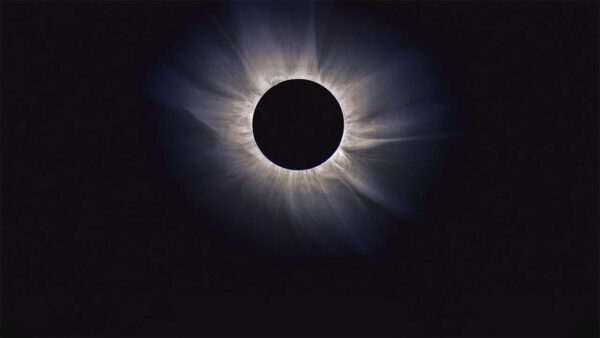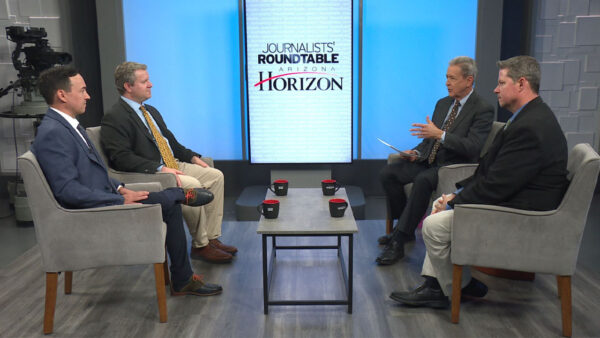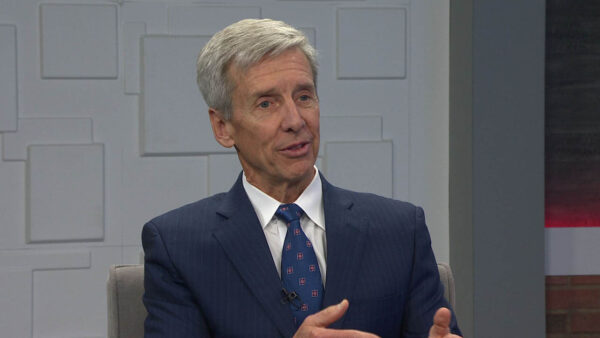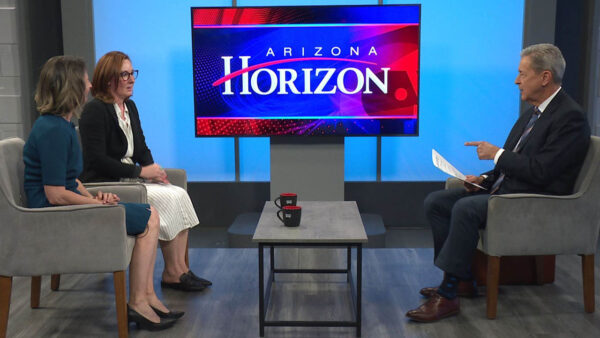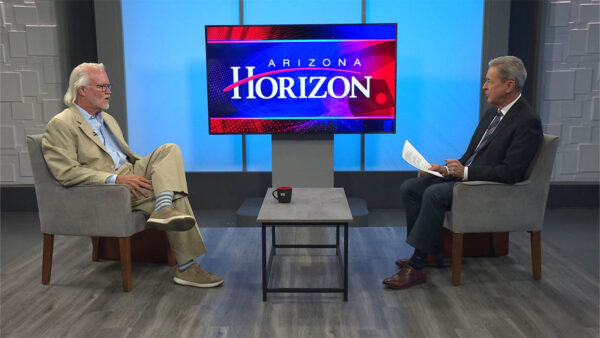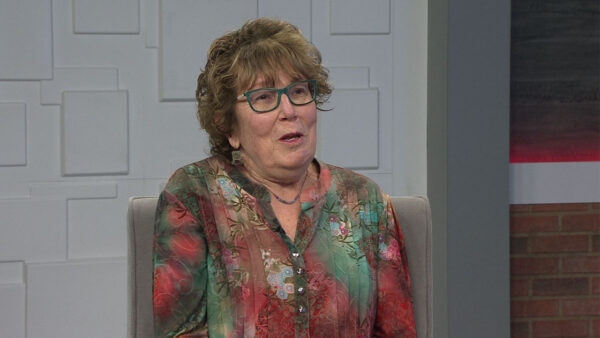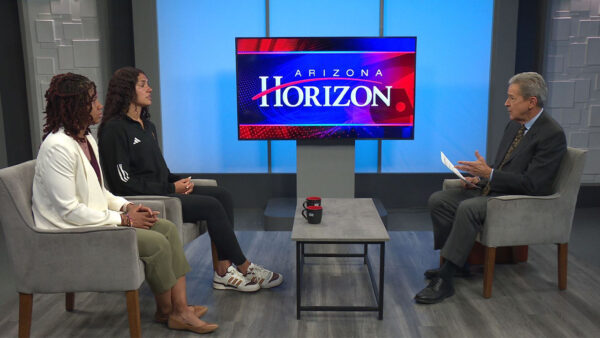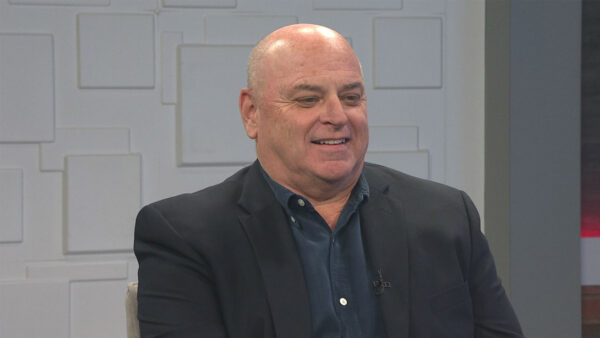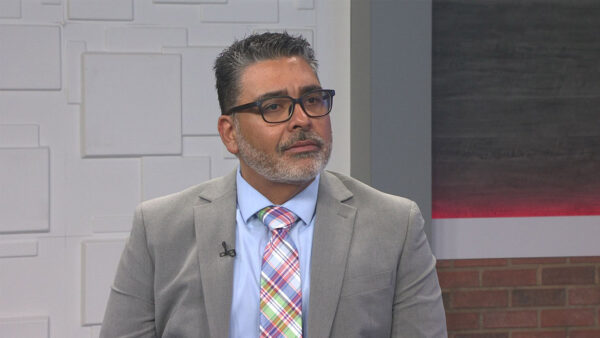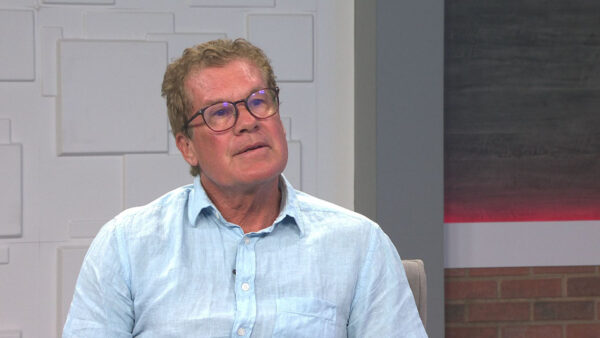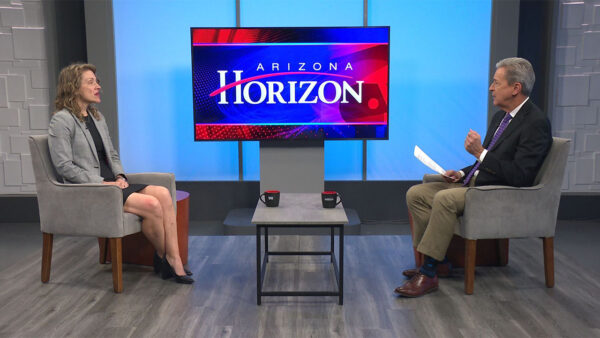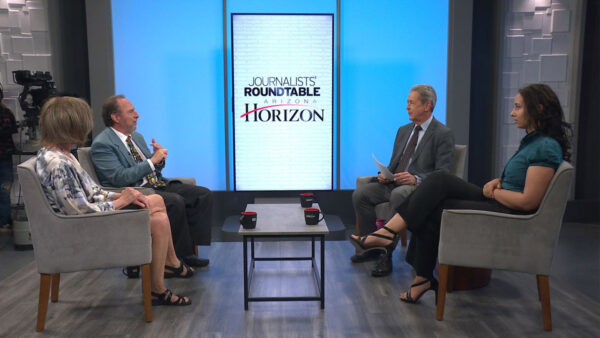Scientists concerned after the Earth briefly rose above a crucial temperature threshold
Nov. 30, 2023
The Earth’s temperature briefly rose above a crucial threshold scientists have been warning for decades could have catastrophic and irreversible impacts on the planet and its ecosystems.
According to Samantha Burgess, a prominent climate scientist, the global average temperature on Nov. 17 was more than two degrees Celsius hotter than levels before industrialization for the first time. It is a symptom of a planet getting steadily hotter and hotter, and moving towards a longer-term situation where climate crisis impacts will be difficult, and in some cases impossible, to reverse.
Dave White and Jennifer Vanos, Senior Global Futures Scientists at the ASU Global Futures Laboratory, joined Arizona Horizon to discuss what happens now.
The biggest impact of this will be seen locally, which is also where the majority of the changes can occur, according to Vanos. Climate change cannot be ignored, so collectively, people have to think about what adaptation efforts can be implemented for protection.
“This isn’t a future problem. It’s here today, and it’s been here for awhile. We can’t leave it to the future to make solutions happen. There’s a lot of action already happening on the ground to protect people from the heat and other climate hazards,” Vanos said.
Here in Phoenix, many are used to scorching temperatures, so this can actually be seen as an innovation opportunity, according to White.
The United Nations has declared this decade to be the decade of action for the climate. The Phoenix area has been experiencing climate change effects for numerous decades, so the city is at the forefront for developing climate adaptation solutions and action. This could address the risks and increase resilience, White said.
“Climate action equals greater economic opportunity and a more just and equitable society. Climate action should be seen as something that benefits all areas of our lives,” White said.
Simple actions such as social cohesion and developing strategies related to heat outreach can go a long way and are important to take in the future to combat the heat crisis.



